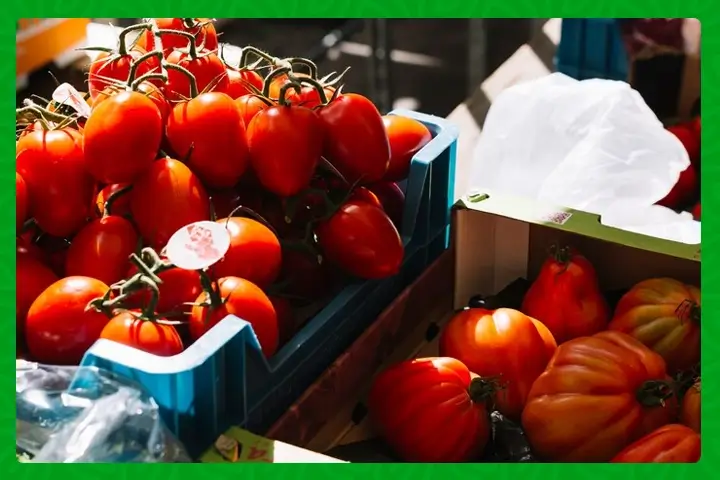
In the lush fields of Namibia, a thriving community of local farmers is facing an unexpected challenge – the struggle to connect their bountiful harvests with eager markets. A vital link in this chain, the Namibia Agronomic Board (NAB), plays a pivotal role in bridging the gap between these dedicated farmers and the consumers eagerly awaiting their produce.
Emilie Abraham, the Manager for Horticulture Market Development at NAB, sheds light on a pressing issue faced by small-scale farmers. Despite producing ample yields, some farmers find themselves without a market for their goods. This situation, as Abraham explains, stems from a reluctance to register with NAB.
“NAB is the bridge that connects the farmers with the market. Without NAB’s awareness of local farmers’ produce, the challenges would persist,” emphasizes Abraham.
Horticulture traders, the gatekeepers of market access, are mandated to register with NAB. By providing planting data, they enable the board to regulate border activities, ensuring a seamless flow from farm to market.
Abraham underscores the critical role of product quality in market access and emphasizes that NAB registration is not a mere request but a legal requirement. “Did you register yourself with NAB? Because by law, it is not a request but a requirement that farmers producing horticultural products register with NAB,” she asserts.
The registration process is not only straightforward but also free. Upon completion, farmers are bestowed with a unique identification number, a key to unlocking market doors. This number becomes indispensable when engaging with retail shops, as Abraham notes, “The first question that retail shops will ask you is if you are registered with NAB.”
Beyond serving as a conduit for farmers to access markets, NAB assumes a broader responsibility. It ensures consumer safety by guaranteeing high-quality products on shelves and supports traders in sourcing both local and external products.
Despite initiatives like the Retailer Charter, implemented since March 2016, concerns linger due to its voluntary nature. Non-compliance is observed not only among retailers but also in government agencies and catering companies, as reported by the Ministry of Finance and Public Enterprises.
The Namibian horticulture industry has flourished since the establishment of the National Horticulture Development Initiative (NHDI) in September 2002. This initiative, operating through the Namibian Horticulture Market Share Promotion scheme (MSP), aims to stimulate local production, contributing to increased national food self-sufficiency, security, and import substitution.
The MSP, a linchpin in promoting local sales, sets a minimum percentage of horticultural produce purchases to be of Namibian origin. Failure to meet this percentage results in import curtailments, underlining the commitment to bolstering the local agricultural ecosystem.
In conclusion, the path to market success for local farmers in Namibia begins with a simple yet crucial step – registration with NAB. By embracing this obligation, farmers not only secure market access but contribute to the broader goals of enhancing food security and promoting local agricultural sustainability. It’s time for Namibian farmers to unlock their full potential by registering with NAB and ensuring a prosperous future for themselves and their community.
Original article was written by Hertha Ekandjo


















